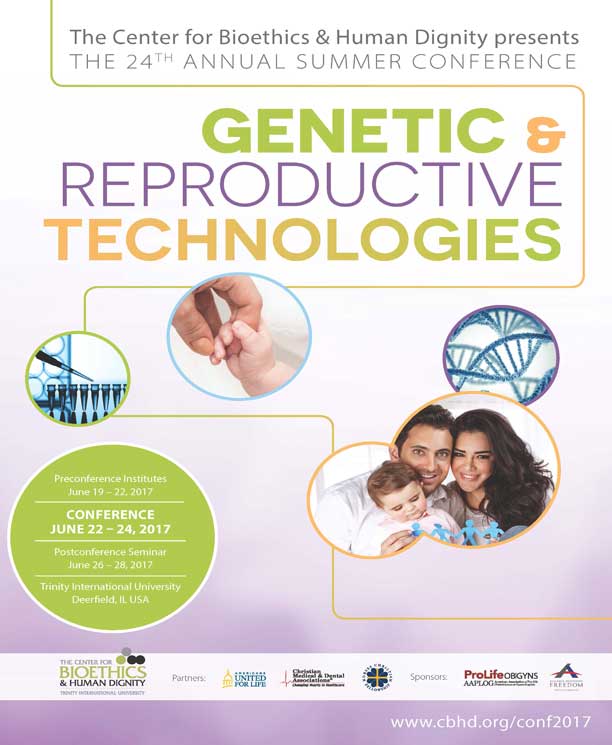
The view that human embryos are neither individuals nor persons has become something of a settled consensus among bioethicists. It will be argued that some of the reasons given for this consensus view depend upon the influence of scientism, where ‘scientism’ is understood generally as the position that science is the final arbitrator of moral values and behavior. In particular, the paper will examine the arguments of two Roman Catholic theologians, Thomas A. Shannon and Alan B. Wolter, as well as secular philosopher of biology Jane Maienschein, who argue that delayed hominization, the view that personhood does not occur until sometime after conception, follows from the biological facts of embryology. Part one, will present the arguments of Shannon, Wolter and Maienschein for delayed hominization. Part two, will briefly recount relevant periods of historical debate between theories of preformationism and epigenesis in embryology, and demonstrate that Shannon and Wolter’s argument relies on a mischaracterization of this history that in turn portrays delayed hominization as the only scientifically valid explanation. Part three, will show that Maienschein characterizes the question of the moral status of an embryo as a purely “biological question,” such that biological facts alone determine the moral status of an embryo. Furthermore, it will be argued that her argument for delayed hominization is blind to her own metaphysical presuppositions, which themselves cannot be determined by science alone. Part four, will close by arguing that both arguments presented for delayed hominization above constitute examples of scientism in bioethics because they rely on granting an epistemic, metaphysical and moral authority to science, which makes science the final arbitrator of moral values and behavior.